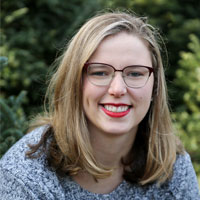 Carolyn Graverson’s First Semester at Grad School
Carolyn Graverson’s First Semester at Grad School
As part of our check-in with the COVID-19 series interviewees, we thought a student’s point of view would be interesting. When we spoke with Carolyn Graverson last spring, she was completing her senior year at Lewis University and preparing to pursue graduate studies in chemistry at Rice University. She was home from Rice when we spoke.
Still not your usual year
Carolyn’s first semester courses were “blended.” Two were fully online; others combined in-person and digital learning. As she worked in a lab and as a TA, Carolyn had high priority status to get weekly COVID-19 tests. These, plus mandatory indoor and outdoor mask-wearing, and students pledging to stay safe and isolate, made it comfortable for Carolyn to be on campus. She attended different groups’ virtual meetings and visited their labs in person to choose her research focus. As there were fewer in-person meetings, it wasn’t the same as pre-pandemic. Nonetheless, Carolyn is happy with her decision to join the Matthew R. Jones Lab, focusing on nanoparticle assembly and ligand design. (more…)


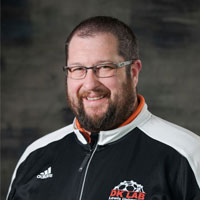
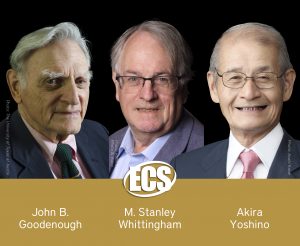 The Electrochemical Society honors 2019 Nobel Chemistry Prize laureates, John B. Goodenough, M. Stanley Whittingham, and Akira Yoshino, by the launch of a
The Electrochemical Society honors 2019 Nobel Chemistry Prize laureates, John B. Goodenough, M. Stanley Whittingham, and Akira Yoshino, by the launch of a 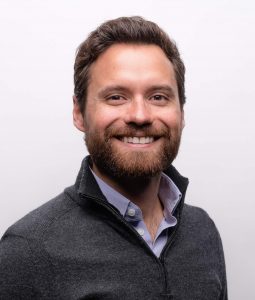 In “
In “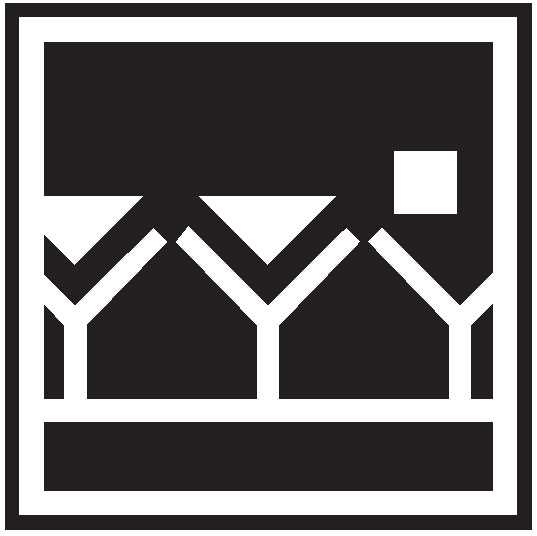 Deadline: March 1, 2020
Deadline: March 1, 2020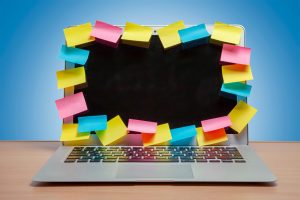 To ensure easy access to important research in The Electrochemical Society publications, update your bookmarks. Since ECS launched its partnership with IOP Publishing on January 2, 2020, all ECS digital publications are only available through IOPscience. ECS bookmarks will not be rewritten by the server. You must update your URLs (web page addresses) yourself.
To ensure easy access to important research in The Electrochemical Society publications, update your bookmarks. Since ECS launched its partnership with IOP Publishing on January 2, 2020, all ECS digital publications are only available through IOPscience. ECS bookmarks will not be rewritten by the server. You must update your URLs (web page addresses) yourself.
